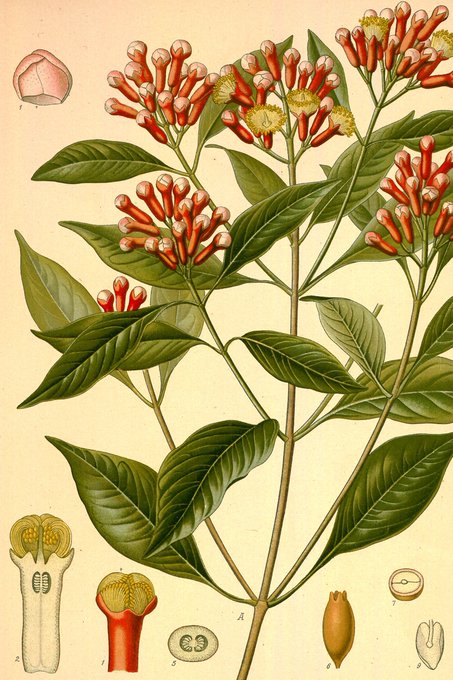The pungency of chillies is due to a specialized metabolite, capsaicin, concentrated in tissues that surround the seeds inside the fruits. Capsaicin content is subjectively measured using Scoville heat units.
Discover more in this #Plants400 https://t.co/j2beyB1P0n
Coconuts are great maritime voyagers. The large, energy-rich fruits are buoyant, salt-tolerant and remain viable for about 110 days. Discover more in this #Plants400 article https://t.co/QEGY2pE0ab
The squirting cucumber (Ecballium elaterium) is a curious plant, a firecracker of the natural world. The generic name ‘Ecballium’ is derived from the Greek word ἐκβάλλω (ekvállo) meaning ‘to expel’, a reference to the behaviour of the mature fruits. https://t.co/6FVbZ8oZj1
The cast iron plant has long been a popular houseplant due to its ability to endure neglect! It's ability to withstand poor light & air quality, exacerbated by coal fires & gas lighting in Victorian & Edwardian homes, meant it became a mainstay of many drawing rooms of the period
Scots pine has distinctive, buoyant, wind-borne pollen grains which are extremely resistant to decay; they can be readily identified even after being buried for thousands of years.
Discover more about Scots pine and their use as ‘time machines’ 🌲👉 https://t.co/8l8rxQC3ZF
Cloves are the dried, unopened, immature flower buds of a small evergreen tree, Syzygium aromaticum.
In 2017, nearly 170,000 tonnes of cloves were produced globally, of which approximately 90% was produced by Indonesia and Madagascar.
#WednesdayWisdom
Theobroma cacao is one of the world’s favourite plants, and we eat a lot of it at this time of year. #EasterWeekend
That’s right, the fruit from this plant is used to make chocolate!
Did you know…? The literal translation of Theobroma is ‘Food of the Gods’.
Did you know..? English elm (Ulmus procera), unparalleled as a rot-resistant timber, was highly valued for making water pipes until the advent of metal and plastic ones. #Plants400
Discover more about elm trees and the fungal disease that threatens them: https://t.co/Dd007WK1CI
Jute (Corchorus) originates from the Ganges Delta of Bangladesh and West Bengal and is second only to cotton in terms of global natural fibre production.
Discover more about this versatile plant fibre in this week’s #Plants400
https://t.co/ZEYdynO5wH
This cactus contains the psychoactive alkaloid mescaline. Ingestion of Lophophora williamsii, common name peyote, leads to feelings of extreme nausea followed by hallucinations.
Discover more in this #Plants400 https://t.co/ZFxMPWxNsS
#WednesdayWisdom











